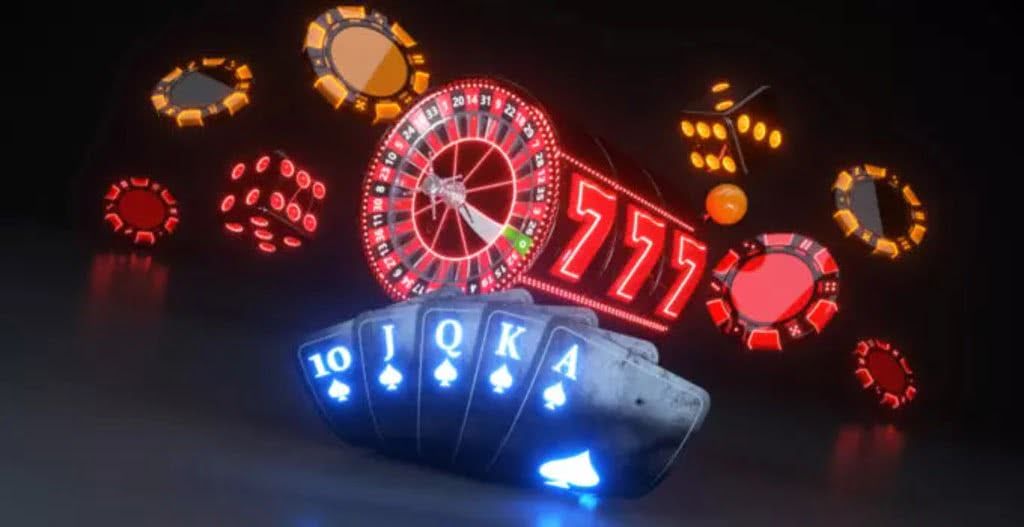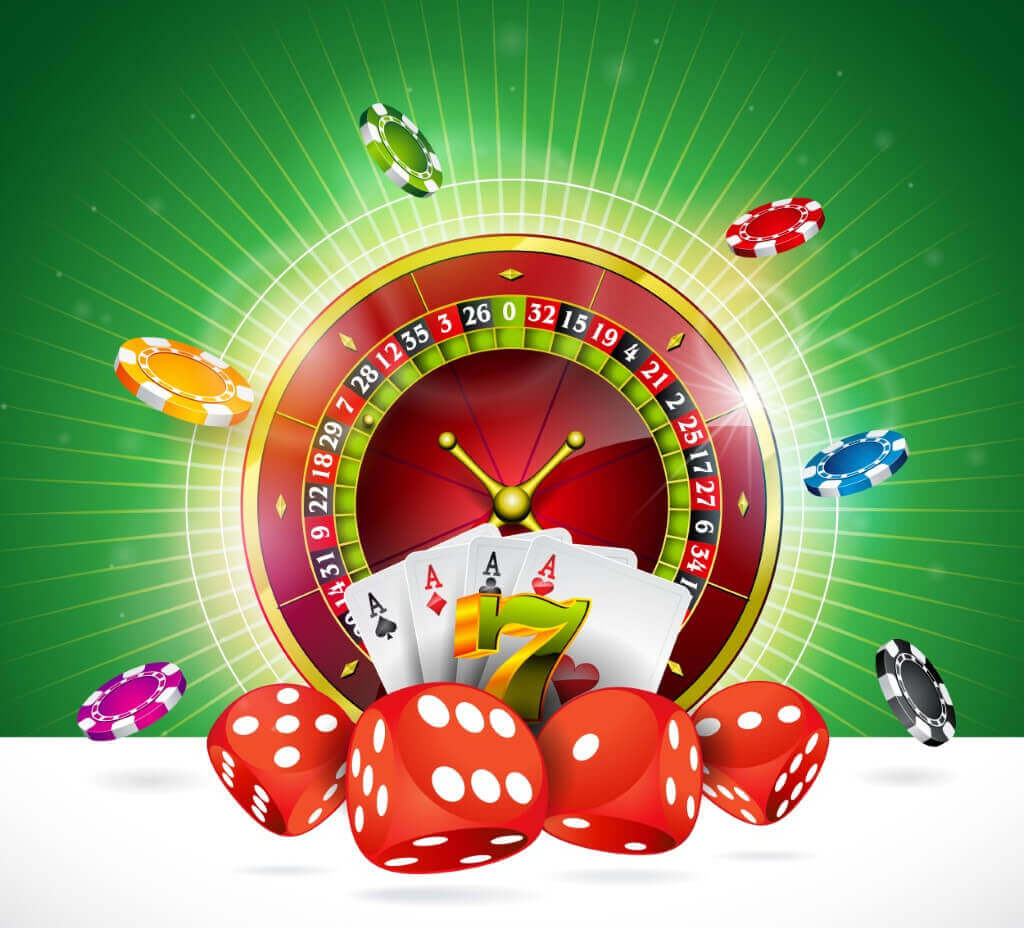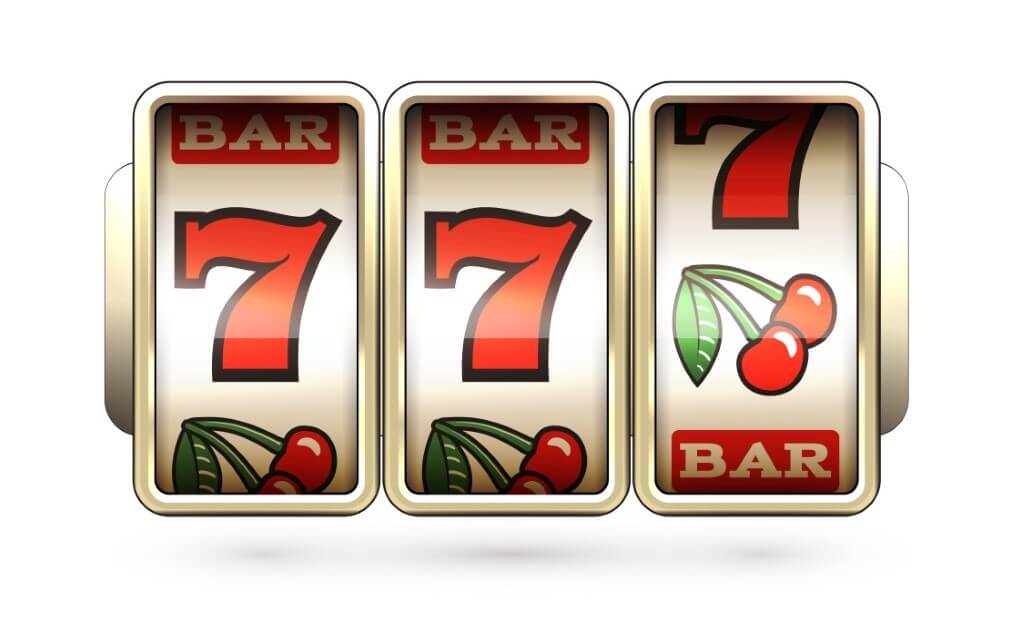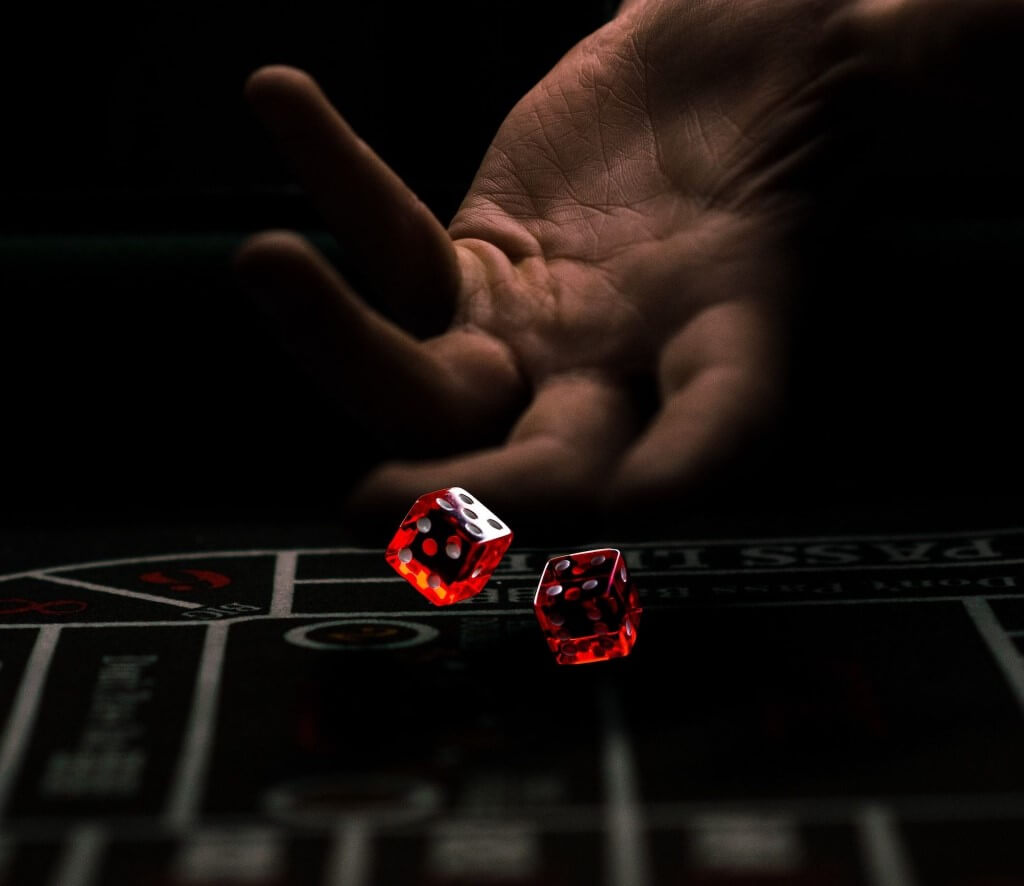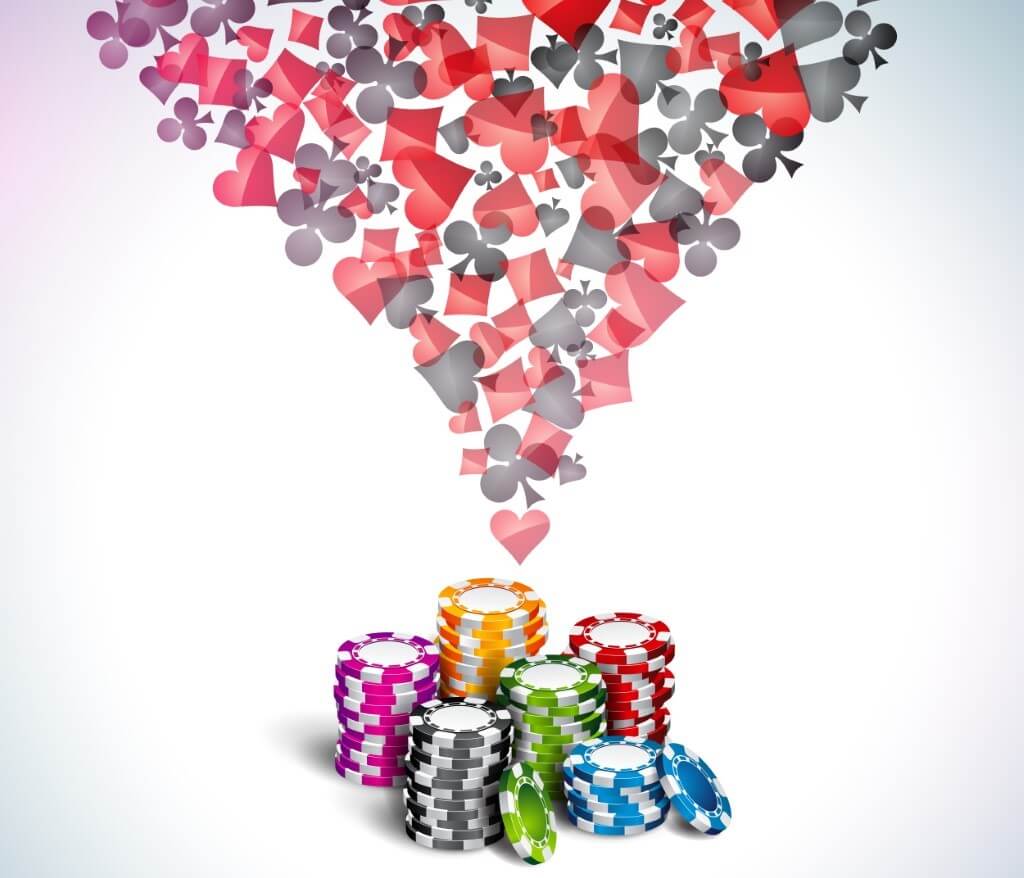- How Electric Guitars Redefined Music - November 13, 2023
- How to Identify a Reputable Mobile Casino in Five Simple Steps - October 18, 2022
- Gambling Can Provide Inspiration for Poker and Other Arts - September 14, 2022
Slot machines were originally designed to be amusing for people who were merely playing for amusement and were installed in casinos for this purpose. Slot machines, unlike more traditional table games, do not require any special gambling skills, and any player can participate with as little as one cent. This was a hugely successful notion, and slot machines eventually made their way from the casino’s outskirts into the spotlight, where they swiftly established themselves as the most popular and lucrative games.
Some have a thorough understanding of how things work, while others are keen to capitalize on the gambling public’s lack of experience in such matters. Slot machines are entertaining, but they are also extremely profitable for the casino for a multitude of reasons, not the least of which is how they work. For the casino, slot machines are incredibly profitable for a variety of reasons, not the least of which is how they operate.
Slot machine technology has also progressed dramatically over time. Although the original mechanical components have been nearly entirely replaced by computer-controlled machinery, the game itself and the method by which slot machines operate have remained unchanged. Traditional slot machines have been replaced with more sophisticated video slots with cutting-edge graphics and sound effects. There are also 3D slot games, and the themes of these games may be based on movies, characters, or even mythology. Even while the design, graphics quality, and audio effects have all improved over time, the basics have not. Pulling on a handle causes a set of reels, usually three, with images printed on them to spin quickly. Your odds of winning are determined by which photos align with the pay line, which is a line that runs down the center of the viewing window. If the winning image appears on each reel and along the pay line, you have a chance to win. The amount you win is determined by the symbol combinations that occur along the pay line.
Success at a slot machine is mostly determined by one’s skill to play the game of chance. In a game, the number of possible outcomes may easily exceed the millions. The odds of winning a specific reward can vary greatly depending on the game being played. Each game and piece of equipment has a different total number of conceivable outcomes. The only factor that can impact the output of any machine is chance, which is something that all machines share. Because the outcome of each round is dependent on random chance, there is no specific playing style or pattern that can be employed to boost one’s prospects of winning or avoiding defeat in a game. Furthermore, because the outcomes of the games are determined only by chance, the computers are unable to adjust their performance in reaction to a series of victories or defeats, which would otherwise suggest that they are due for a victory or defeat. As a result, it is unlikely that the outcome of the future match can be predicted.
- How to Stay Safe When Betting with Bitcoin
- The Importance of Art in Online Casino Games
- There Are 9 Reel Slots And They Are Becoming Popular
- Microgaming’s Online Casinos Are Becoming Increasingly Popular
- Best Legal Online Casinos US
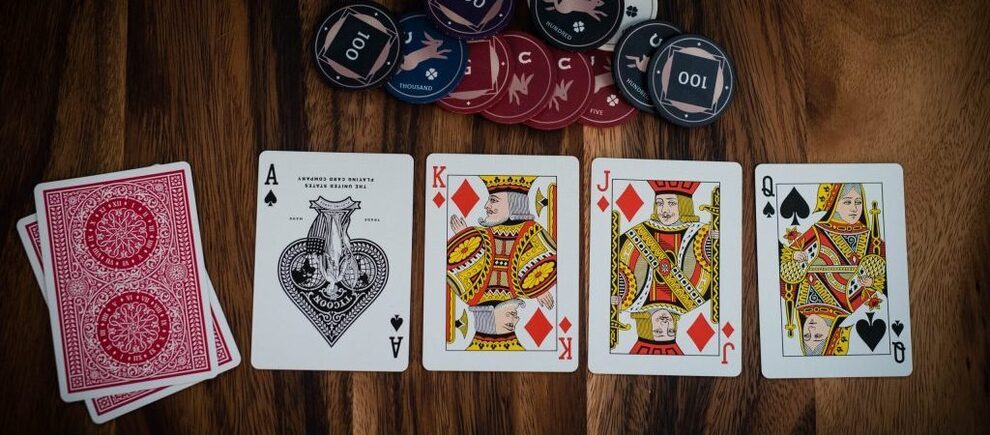
Unpredictability
Today’s slot machines are controlled by computer technology. A Random Number Generator (RNG) is a piece of software that selects groups of numbers to determine which symbols are chosen to generate a winning or losing outcome for a slot machine. This software selects symbols based on whether the player has won or lost. Each symbol is chosen at random, and it is not impacted by outside factors such as a player’s winning or losing record in previous games. The game does not operate on a cyclical basis, and slot machine profits do not build over time. They simply give the impression of doing so, and only in retrospect. The Gambling Commission’s Centralized System is linked to all of the gaming machines. This system keeps track of all game-related information, such as the payment rate and the win rate. The game’s outcome is determined the instant you press the “play” button in the game’s UI. No matter how many times a game has been played, how many times it has been won or lost, how rapidly it is played, how much money is at stake, or any combination of these circumstances, the outcome is never predictable.
Go here to see the Player Percentages. (RTP) Online cricket betting identification Casinos are businesses, and their principal goal, like any other, is to maximize revenue from slot machines and online slot games. These casino games are also intended to pay out, and the return to player (RTP) percentages of the games can give you an indication of how profitable these games are in terms of payments. The return to player percentage (RTP), also known as the theoretical payout percentage, is computed by taking into account any prospective game winnings. Assume you place a $100 wager on a game that has a 96.0 percent return on investment. This implies that the slot machine will return a total of $96.60, with the remaining $3.40 reflecting the casino’s profit.
The House’s Edge
The player has a lower chance of winning than the casino. This applies to any game in a casino, including slot machines. The casino has an advantage since it makes use of mathematics and a big quantity of numbers. Every bet put on any casino game results in a payout that is less than the game’s true odds. The term “House Edge” refers to the mathematical advantage that a gambling game (and thus a commercial gambling site) has over you as you bet over time. The “House Edge” refers to this advantage. This advantage will eventually result in a guaranteed percent return to the site over time, as well as a guaranteed percentage loss of what you bet for you.
When comparing the short and long term
This disparity in pricing perspectives stems from the fact that players have a short-term perspective, whilst management has a more comprehensive view of the situation. The resources obtained from persons who have previously lost are used to give out higher prizes. One of the key reasons why there will undoubtedly be some people who lose in a competition is that there will be some people who come out on the losing end. The massive jackpots are funded by the sum of all accrued individual losses. As a result, to earn appealing jackpots, many players are obliged to spend their whole bankroll.
Finally, the casino is in the business of selling excitement, which is a mix of optimism and uncertainty. A player’s whole bankroll can be lost in a relatively short period at a slot machine, even though the machine has a modest managerial advantage for the casino. This occurs rather regularly. Casino executives are under a lot of pressure to increase their critical slot income, but they also don’t want to risk losing a consistent source of profit by raising the “price” too much. If players discover these hidden pricing increases merely by playing the games, they might choose to play at a different casino instead.



